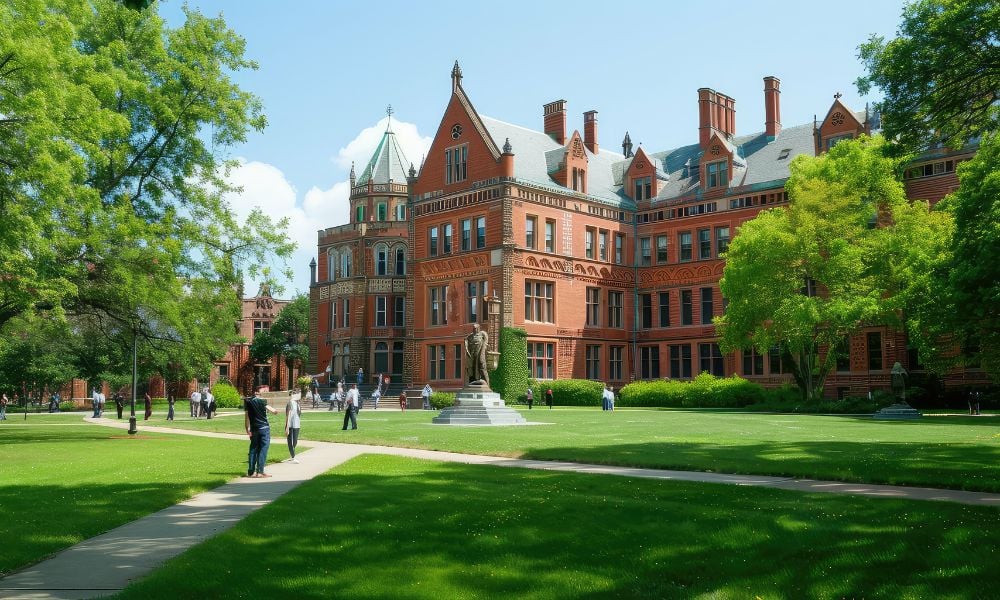
Law School Admission Council president said this year's admission period is on a 'very robust path'

According to the Law School Admission Council (LSAC), the current law school admission cycle in the US is experiencing a significant boost, with a 26 percent increase in applicants compared to the same period last year.
Reuters reported that the number of applications sent to law schools has also surged by 37 percent.
Susan Krinsky, interim president of LSAC, attributed the spike to a combination of factors, including political developments, recent US Supreme Court decisions, and Democratic presidential candidate Kamala Harris's high-profile focus on her prosecutorial career. Krinsky said that this year's cycle appears to be on a "very robust path."
Admissions experts, such as consultant Mike Spivey, have also pointed to key changes in the Law School Admission Test (LSAT) itself as a likely driver of the increase. In August, the LSAC removed the "logic games" section—long considered the most challenging part of the test—following a settlement in 2019 with two blind test-takers who argued that the section violated the Americans with Disabilities Act. Spivey suggested that removing this section prompted many prospective students to take the revised LSAT, leading to an early surge in applicants.
"We see multiple signs that this year’s admission cycle is starting off strong," Krinsky said while cautioning that the initial surge might taper off in the coming months. Law schools began accepting applications in September or early October, and more applicants are expected as the cycle continues.
The LSAT’s recent changes have been accompanied by a 13 percent rise in the number of test-takers in August, September, and October, with registrations for the November exam up by 31 percent compared to last year. Spivey expects the total number of applicants to increase by 10 percent to 15 percent by the end of the cycle, predicting heightened competition for seats at top-tier law schools due to the influx of high LSAT scores.
However, Krinsky offered some caveats regarding the early figures. She noted that last year, many law schools delayed their application openings to revise essays and personal statements following the US Supreme Court’s 2023 decision that barred the consideration of race in college admissions. As a result, current figures may reflect an artificial boost because this year’s applications opened earlier.